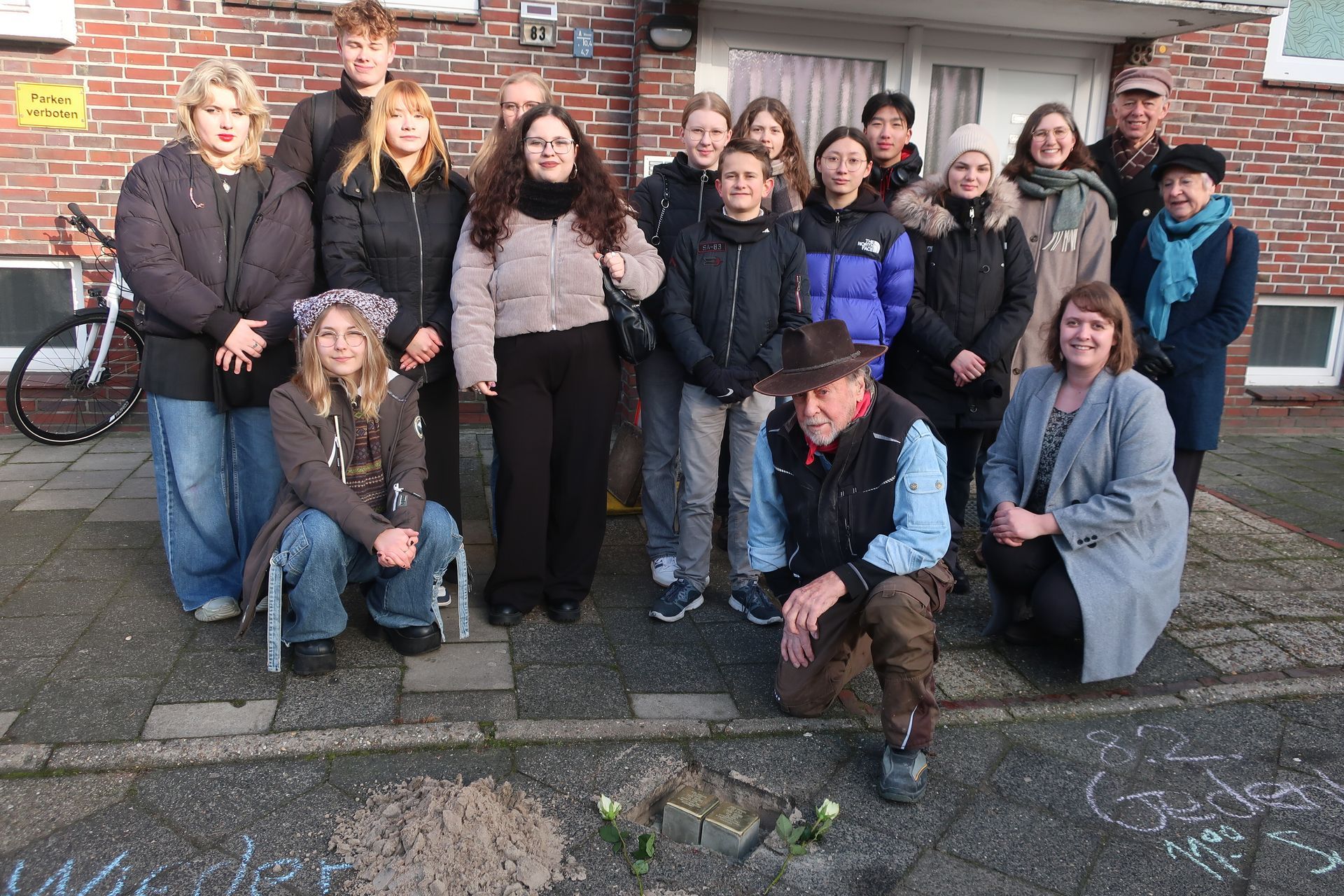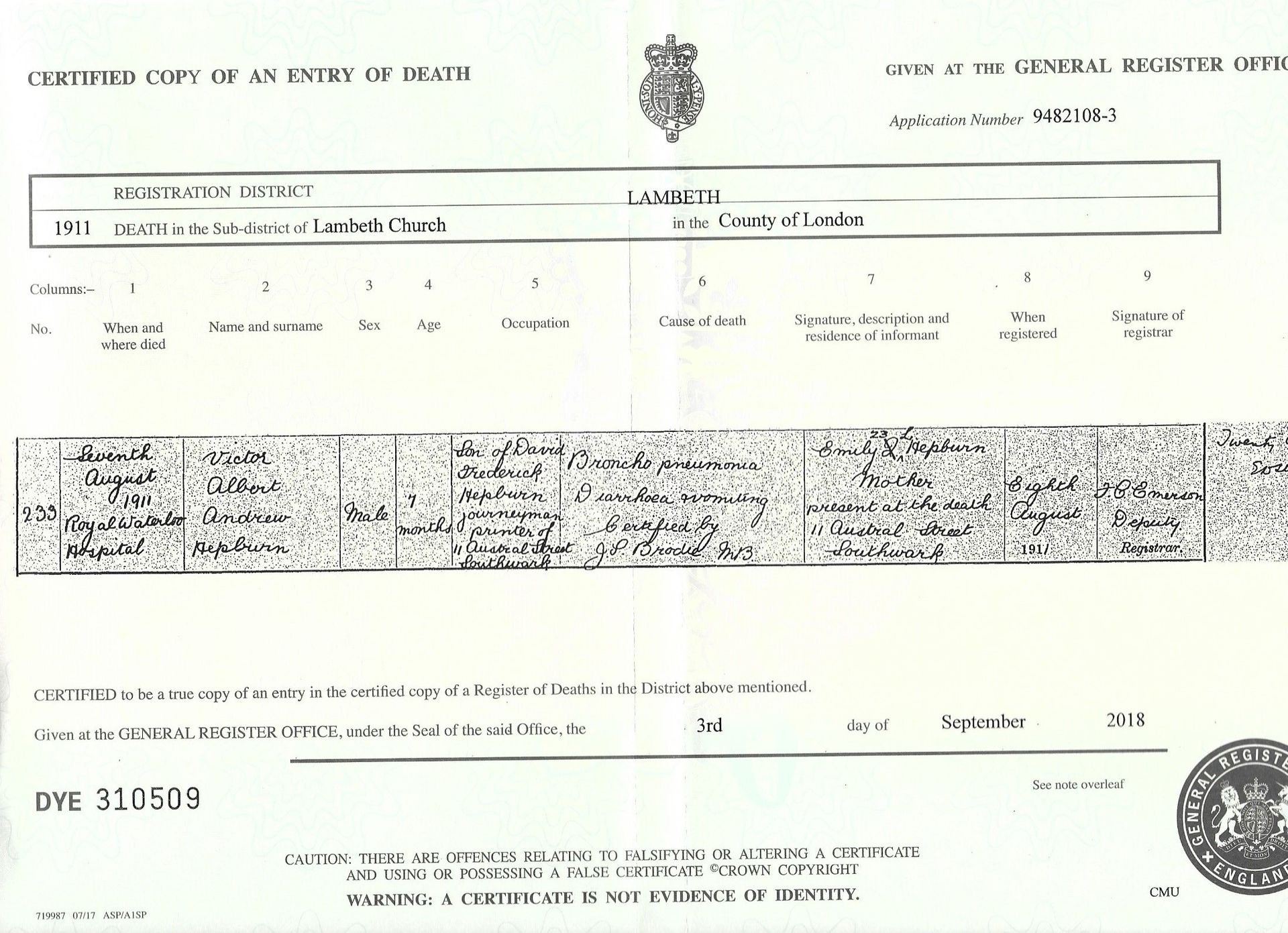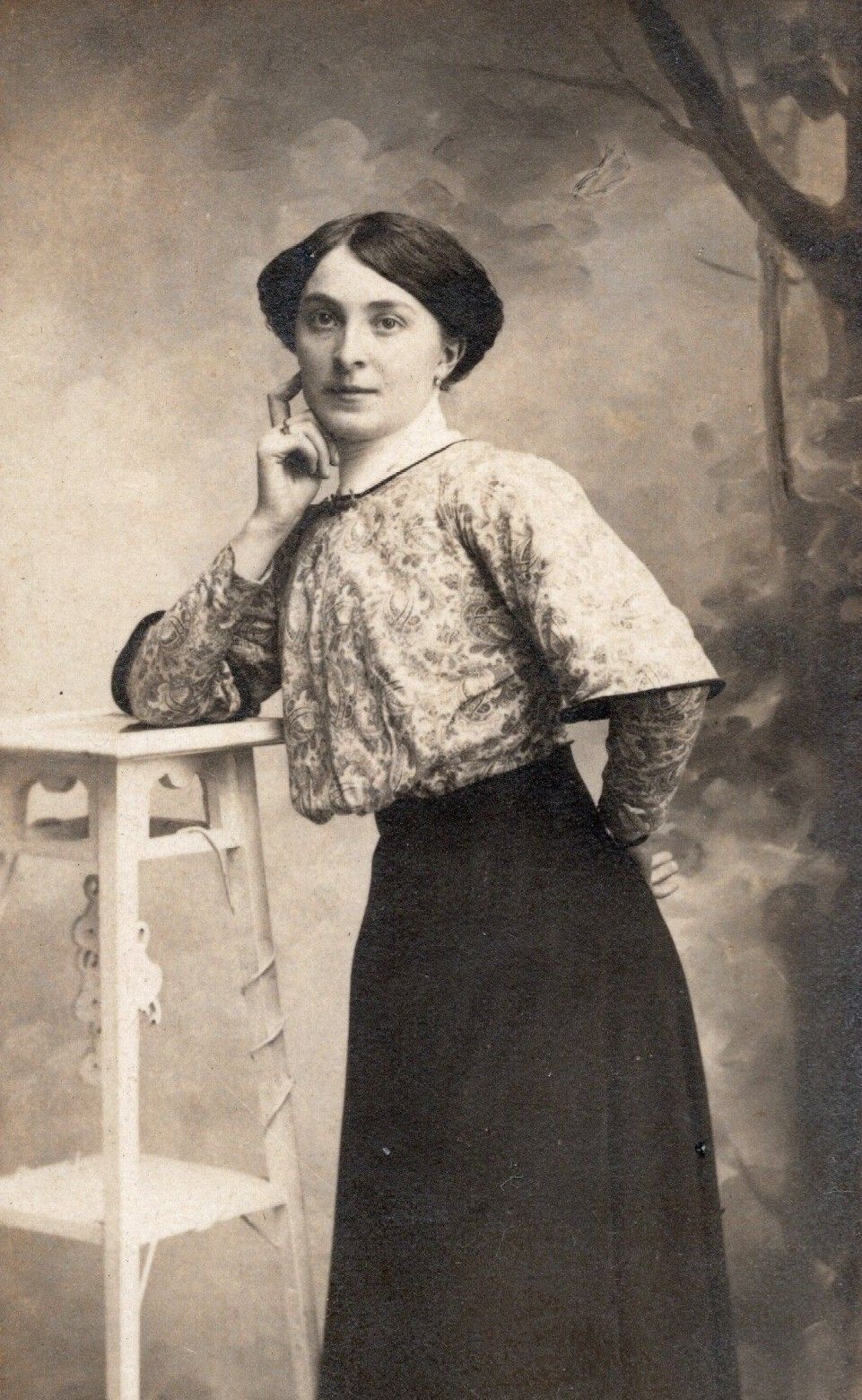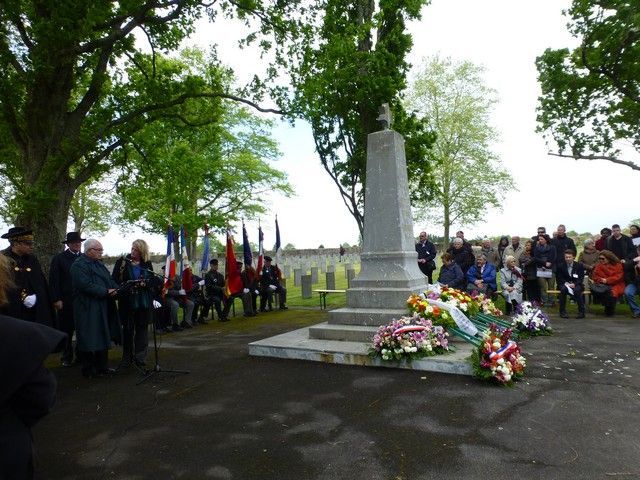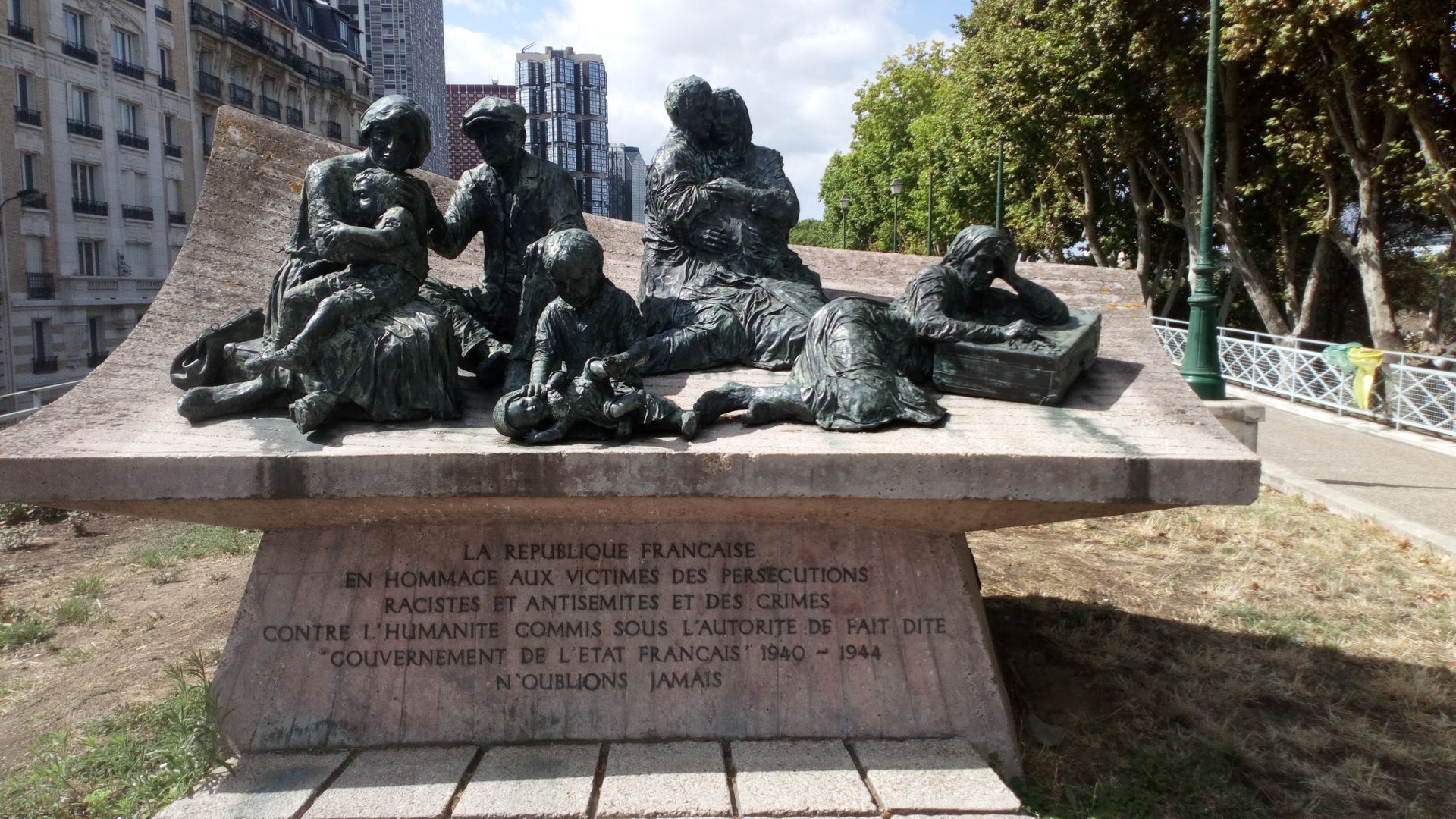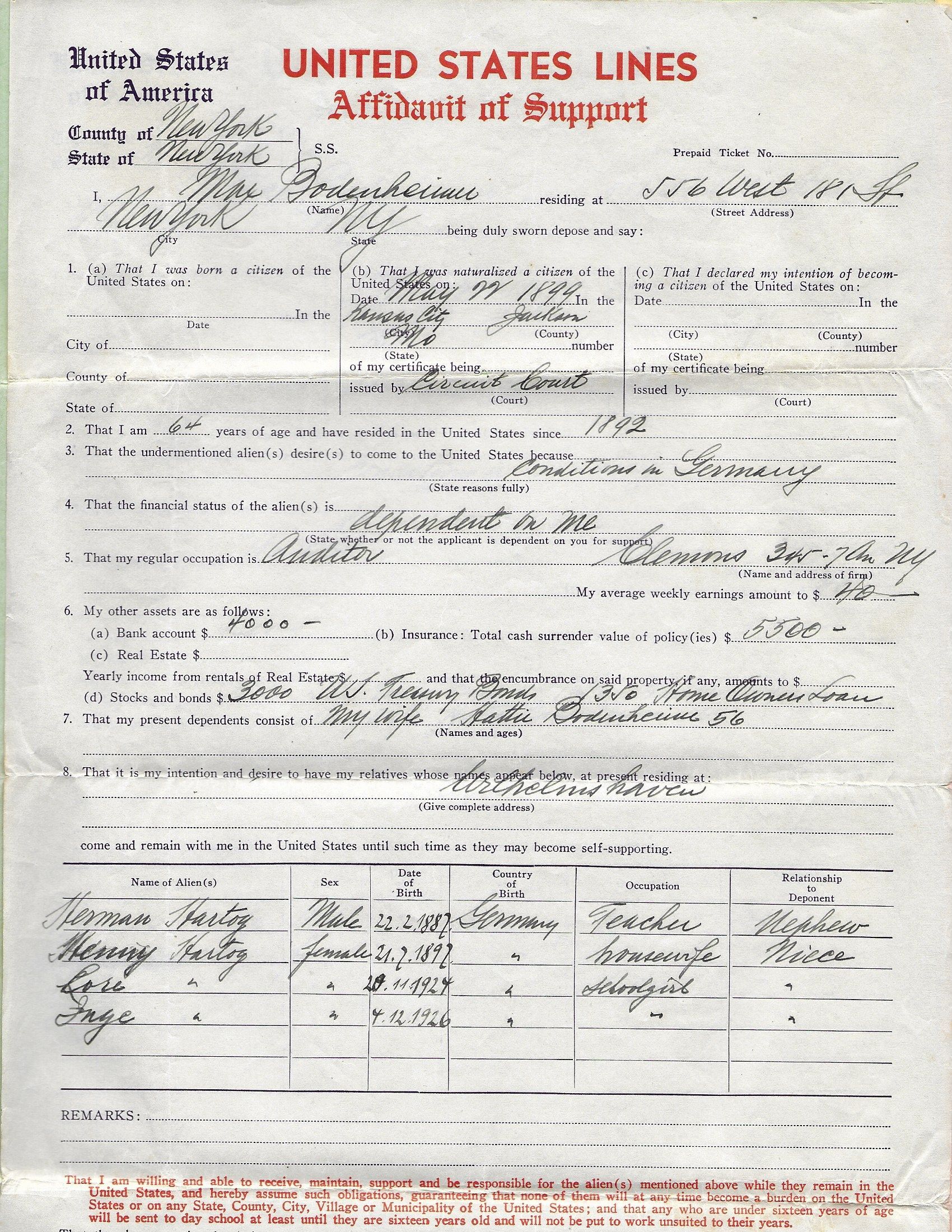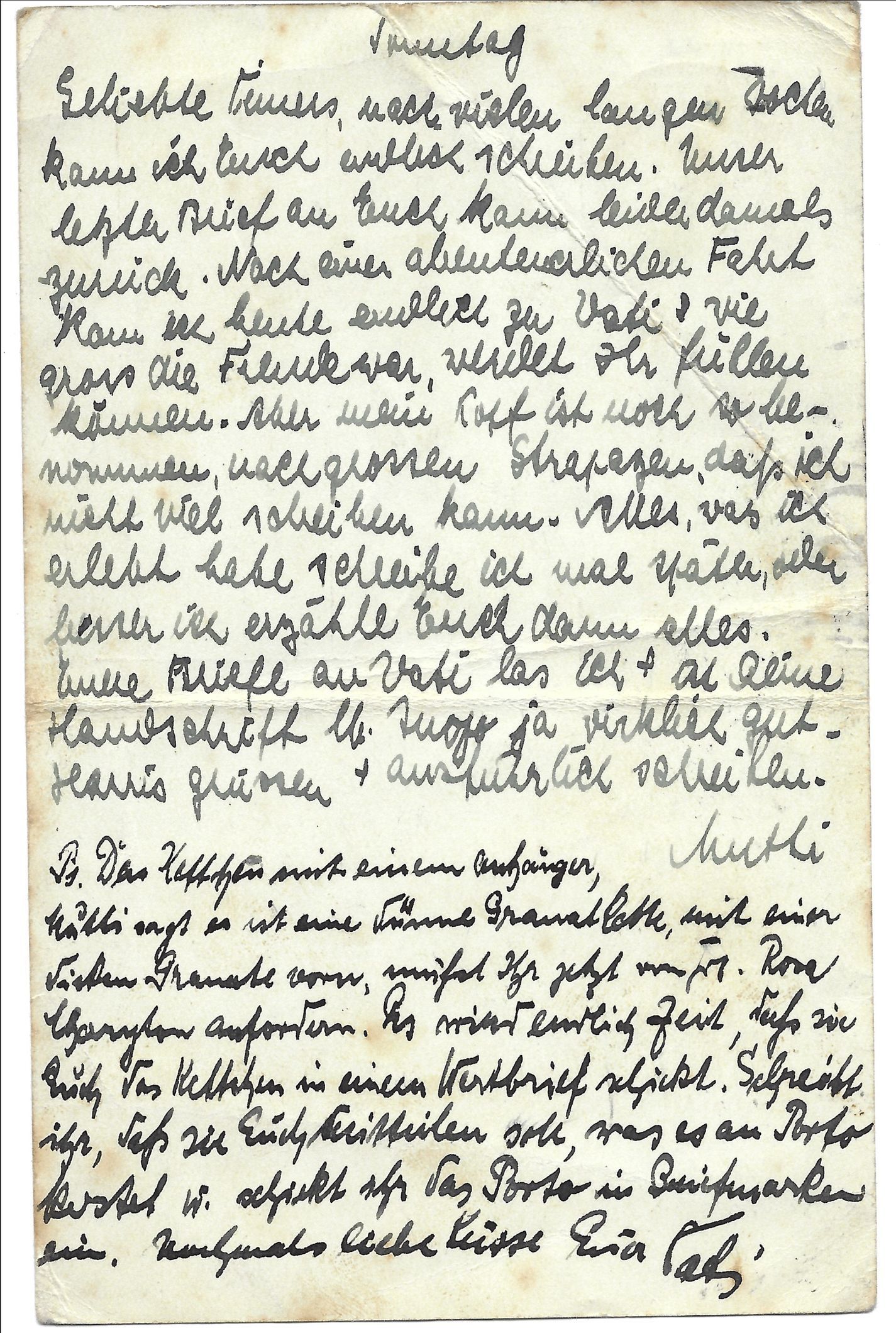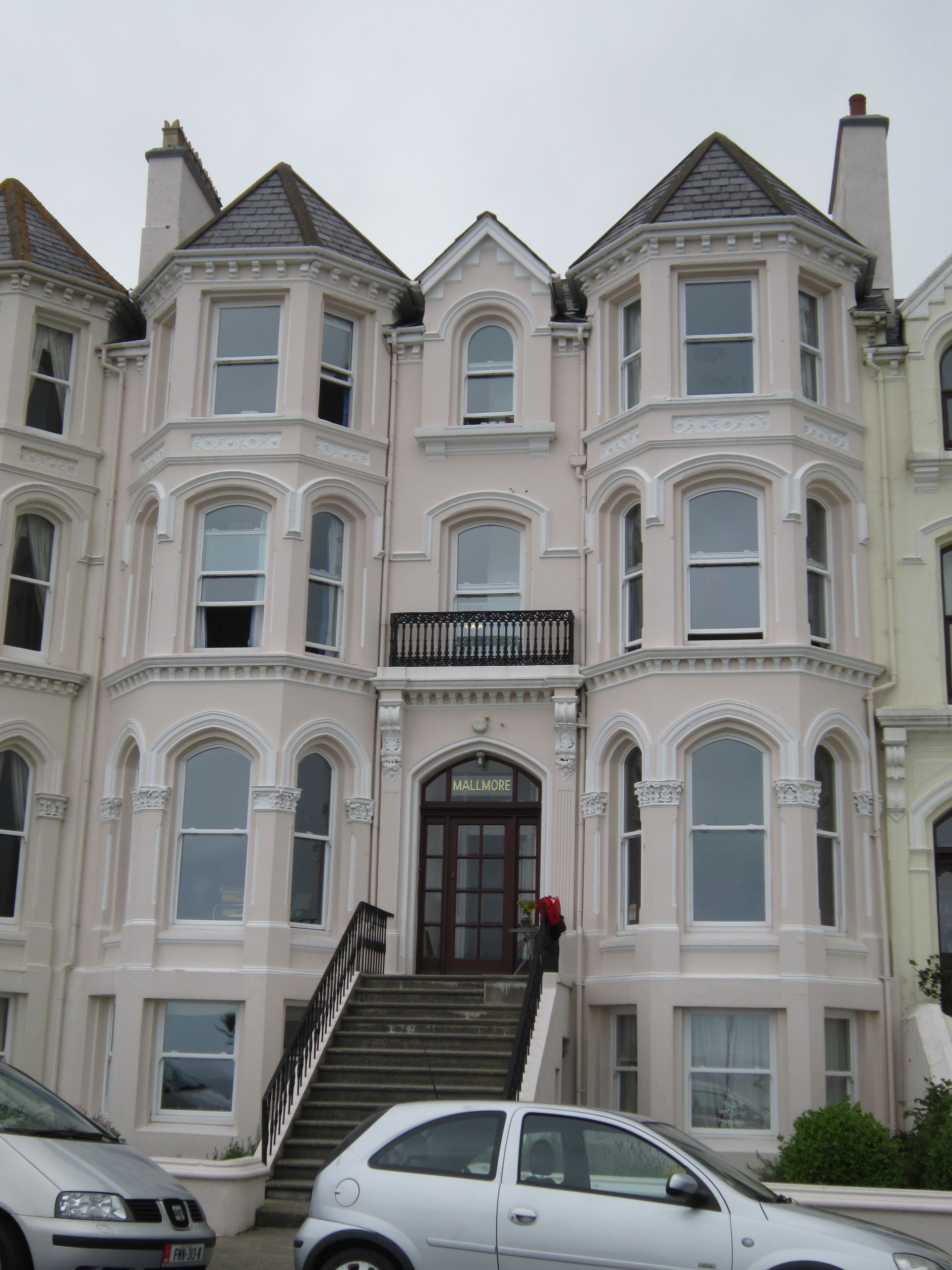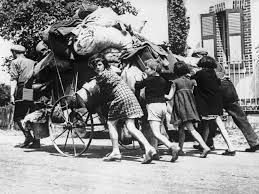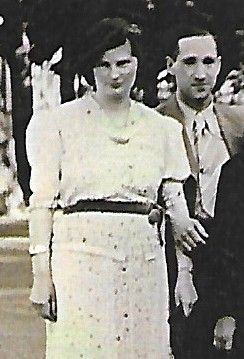A rich boy's life in Germany just before WW1

In early March 1913, Herbert Sulzbach – the son of a very rich banker in Frankfurt, Germany – failed the Abitur, his final school exam. Since he didn't plan to go to university, and his employment was assured in the family bank, this was of no great consequence for his career. However, the six month world tour promised by his father was downsized to a shorter three-month visit to Italy, Sicily and north Africa with his private tutor as a result of this academic failure.
The tutor, Dr Bernhard Löffler, was ten years older than Herbert, and the two young men set out on their trip on 23 March 1913. They travelled via Trieste to Venice, where they stayed for a few days at the Hotel Royal Danieli on the Grand Canal before continuing to Algeria – by sea, in a violent night-time storm.
Their ten-day visit to Algiers was hectic, as they explored the local sights, including being transported on one excursion 'on two really obstinate Yemen animals'. Herbert recorded it all in long letters to his parents,
'Then in the evening we went with the hotel waiter to the town, first to the casino and then to the gaming rooms to play roulette, where I won 21 – 28 francs, and then lost them all again. On the twelfth was a ball to which we were invited, which went on until early morning.'
Not surprisingly, they ran out of money – spending a fortune shopping for carpets and pictures, buying champagne, and losing at roulette. But a quick cable to Herbert's father ensured further funds and they were able to continue their journey to Constantine, El Kantara, and Biskra. Somewhere along the way, they caught two fenek foxes, which they fed with snakes and lizards in their hotel rooms. They later presented these to the zoo in Frankfurt.
And so their journey continued – a rich boy's initiation into travel, the wider world, and different customs. It was a privileged world that would soon disappear, but it taught him about human experience, different ways of thinking, and the foibles of the human character. That entire world collapsed within a few years, but Herbert Sulzbach took from it the excitement of a journey, empathy with others from a different culture, and the need to adapt one's experience to communicate with people who held different view-points, beliefs, and expectations.
Others would later benefit from the lessons he learnt on those travels.
(the photo shows Herbert Sulzbach with his bicycle - decorated for Margueritentag in 1910)
